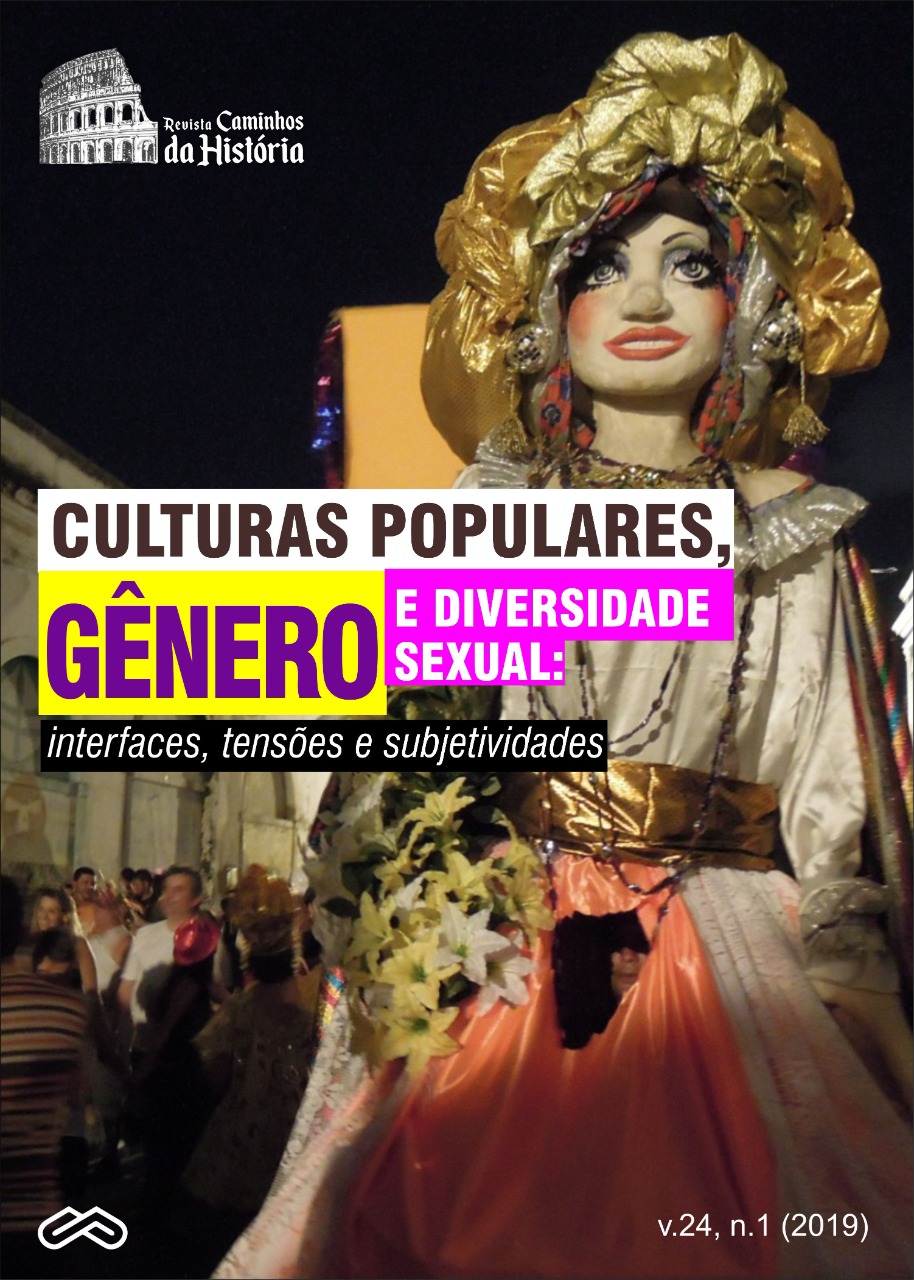Masters of popular culture in Belém-PA: the importance of women in maintaining and disseminating popular culture
Masters of popular culture in Belém-PA: the importance of women in maintaining and disseminating popular culture
Keywords:
Cultura popular, Mestras, Saberes tradicionais, Protagonismo feminino, BelémAbstract
This article aims to provoke reflection on the invisibility of women and their participation in the manifestations of popular culture. In this case we have as a cut the activities of Masters who work in the city of Belém-PA. For this reflection, we will approach themes about class, gender and race based on the studies of Scott (1989), Anzaldúa (2000), Haraway (1995), Carneiro (2011) and Curiel (2007). From the data collection in the state and municipal culture departments, we verified a percentage of 55.7% of groups led by women in the most diverse manifestations such as: Quadrilhas Juninas, Pastorinhas, Bird Junino, Cordão de Bird and Bicho and Boi-bumbá . Despite this significant number of women in the leadership of groups, the recognition of their role has not yet been highlighted, whether by public agencies, academia and society in general. In the field of Popular Culture studies in Brazil, women have also been made invisible as protagonists. We believe that this article contributes to a new perspective in this area of study that is to (re) think the role of women in the production, transmission and dissemination of popular manifestations both for their community and for society in general.
Downloads
References
BENTO, Maria Aparecida. Branqueamento e branquitude no Brasil. In: CARONE, Iray e BENTO, Maria Aparecida (orgs). Psicologia Social do racismo – estudos sobre branquitude e branqueamento no Brasil. Petropólis, RJ: Vozes, 2002, p. 25-58.
CARDOSO, Claudia Pons. Outras falas: feminismos na perspectiva das mulheres negras brasileiras. Salvador. 2012. 383f. Tese (Doutorado) – Programa de Pós-graduação em Estudos Interdisciplinares sobre Mulheres, Gênero e Feminismo- Universidade Federal da Bahia, 2012
CURIEL, Ochy. Crítica poscolonial desde lasprácticas políticas del feminismo antirracistas. Nómadas. Colômbia, n.26, 2007. P.92-101.
HARAWAY, Donna. Saberes localizados: a questão da ciência para o feminismo e o privilégio da perspectiva parcial. Cadernos Pagu. São Paulo, n. 5, 1995, p. 07-41.
SCOTT, Joan. Gênero: uma categoria útil para a análise histórica. Disponível em www.observem.com.
SEGATO, Rita. Raça é signo. Série Antropologia. Brasília, n. 372, 2005, p.02-16..
WERNECK, Jurema Pinto. O samba segundo as Ialodês: mulheres negras e a cultura midiática. Rio de Janeiro, 2007. 318f. Tese (Doutorado) – Escola de Comunicação. Universidade Federal do Rio de Janeiro. Rio de Janeiro, 2007




















